Did she do it? Anatomy of a Fall, Capote’s Swans, and Chronic Absenteeism
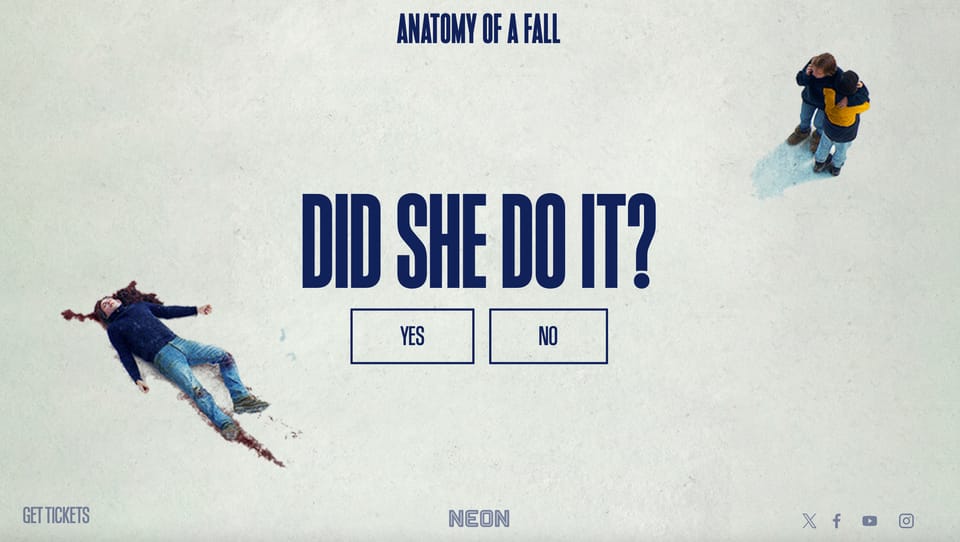
This is my Weekly Roundup! — April 7, 2024
Welcome to Weekly Roundup!, where we explore captivating films, books, and stories that grabbed our attention this week.
Watches of the week
- Anatomy of a Fall (2023) by Justine Triet - 4/5
- Feud: Capote vs. The Swans (2024) by Gus Van Sant
Anatomy of a Fall
If a tree falls in a forest, and there’s no one around to hear it, does it make a sound? Or, when that is too easy a question to answer—if your husband is found dead via a fall from the attic under questionable circumstances, and the only witness is your blind son, did you kill him?
Exactly one-third of those who watched Anatomy of a Fall—Oscar winner for Best Original Screenplay—believe so.
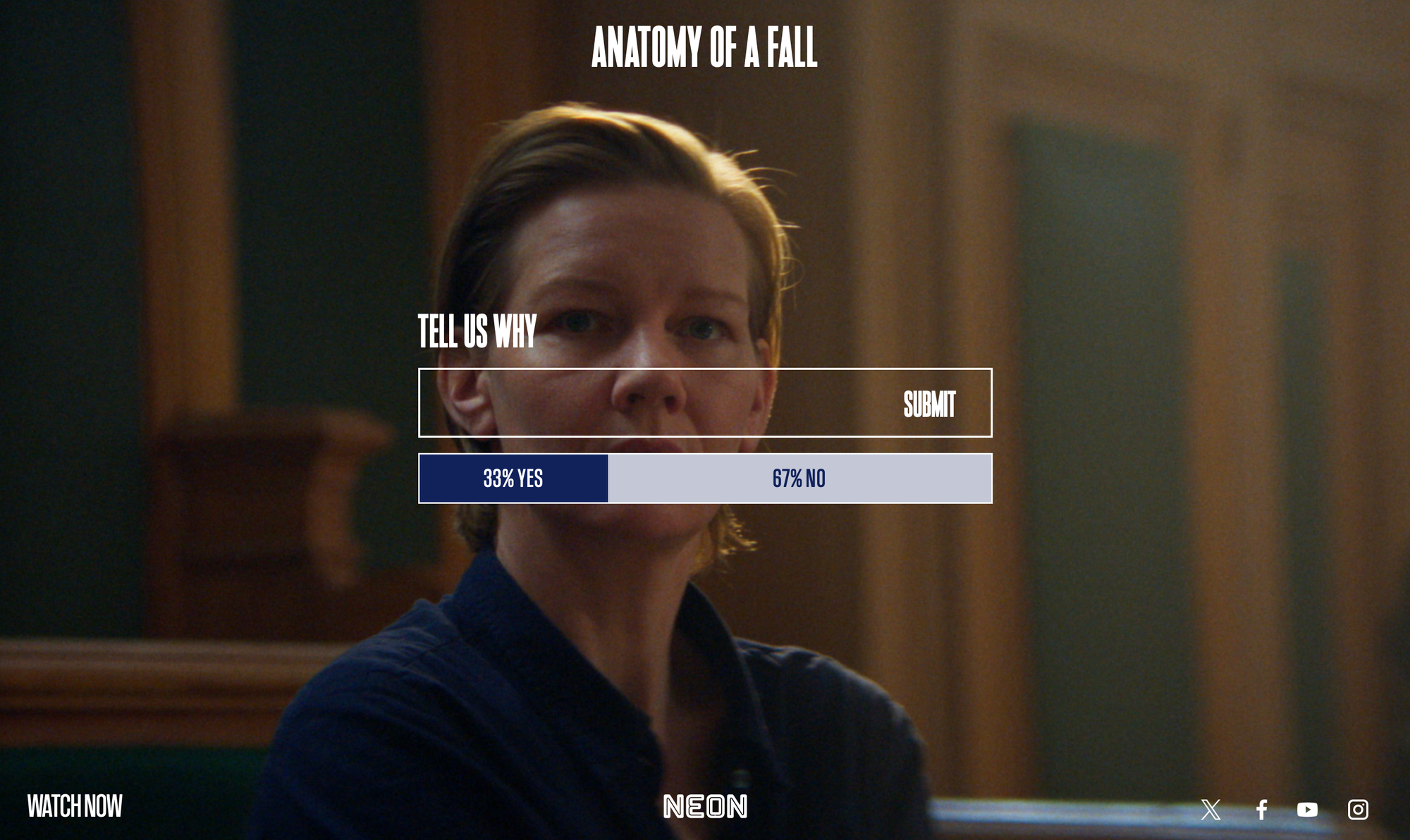
I love films that don’t pander to the audience and spell out every little thing, spoon-feeding each answer for fear they might arrive at different conclusions. Would Inception be the same movie if the ending told you it was all still a dream? Sometimes, the best questions are those left unanswered.
Anatomy of a Fall does just that. Like the jury in the legal procedural that unfolds, we are presented merely with anecdotes and forced to make our own judgement. I will admit I found the beginning on the slow side, but that quickly turned around as more information came to light and the drama inside and outside the courtroom deepened.
The beauty of the movie isn’t in whether or not she did it. The answer isn’t as important as the journey to arrive at that conclusion. It’s the story development, the peeling of the onion as the investigation unfolds, the arranging of facts melded with subtle behavior notes that lead to an even more interesting question than Did she do it. Could she have done it? That, to me, was the crux of it all.
Feud: Capote vs. The Swans Ep. 1-4
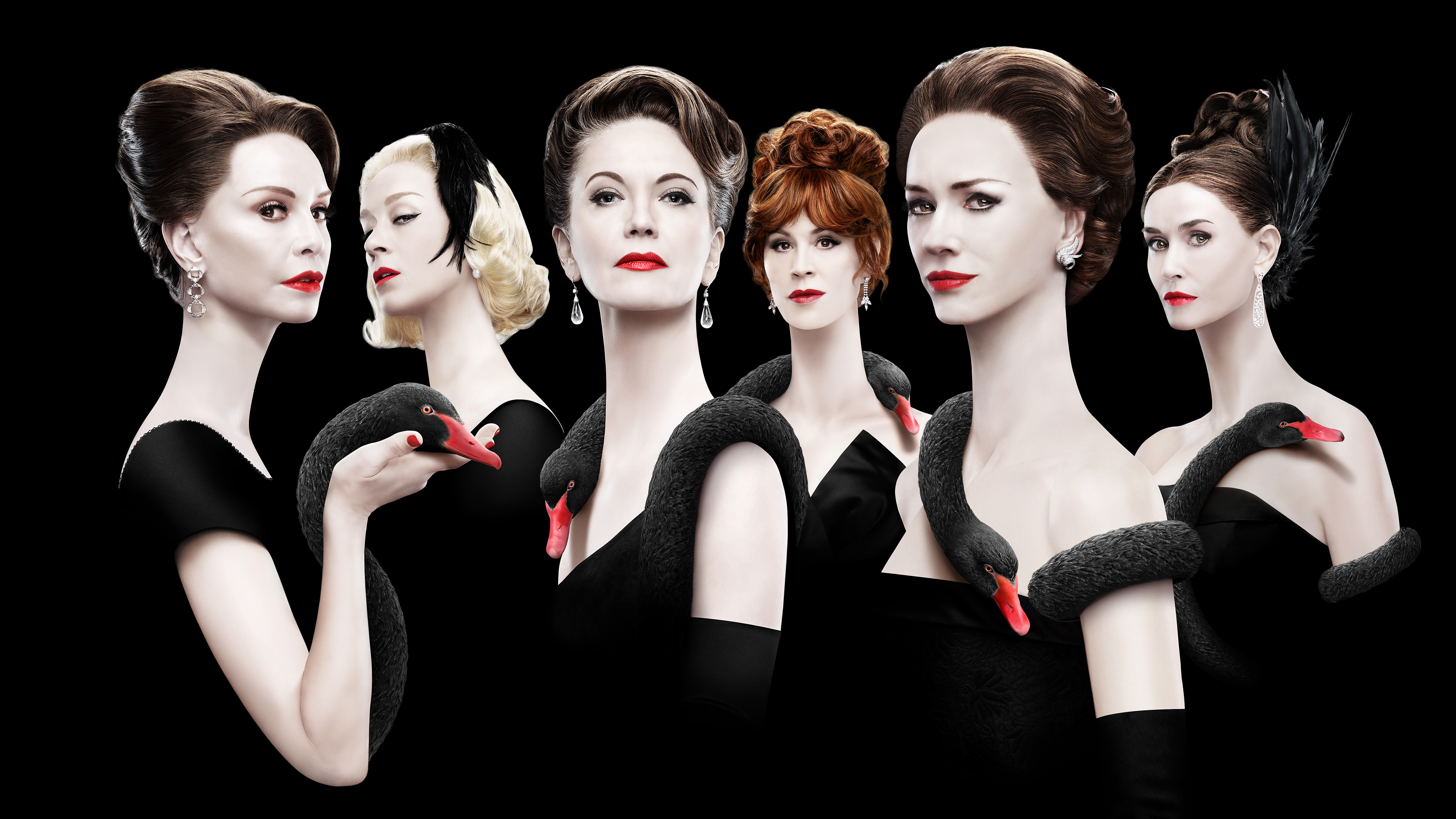
Gus Van Sant, director of my favorite movie Good Will Hunting (1997), has taken on a vastly different topic: Truman Capote and the New York socialites. Capote (1924–1984) was an American author and screenwriter best known for his novella Breakfast at Tiffany’s (1958) and his true crime novel In Cold Blood (1966). The former, of course, being adapted into the beloved film version starring Audrey Hepburn.
Paying homage to the glamorous "Swans" requires an A-list cast that we graciously received. Naomi Watts plays Babe Paley, wife of CBS founder William S. Paley; Diane Lane is Slim Keith, the former wife of Howard Hawks (Director of Gentlemen Prefer Blondes that I watched last week); Calista Flockhart is Jackie Kennedy’s younger sister Lee Radziwill, and to round it out we have Chloë Sevigny as C. Z. Guest and Demi Moore as Ann Woodward. Tom Hollander (The White Lotus and Pride and Prejudice) stars as Capote.
I, admittedly, was not nearly as familiar with any of the people portrayed as V. Thankfully, we took a trip to Chicago over Easter weekend, and the nine hours in the car provided ample time for V’s crash course in Manhattan socialites of the mid 20th century. We went deep down the Wikipedia rabbit hole, uncovering how connected all the uber rich and famous really are.
The first episodes build up the relationship between Capote and his Swans, the betrayal when he releases a salacious snippet of his book Answered Prayers—a thinly veiled exposé of the Swans’ dirty laundry—and the ensuing downward spiral of Capote as the Swans (rightfully) shun him and use their power to shut him off from NY elite society.
More to come as we finish the series next week.
Reads of the week
Why School Absences Have ‘Exploded’ Almost Everywhere
In late January I wrote about Pandemic Learning Loss—a topic I'm entirely unfamiliar with, given it’s been 10+ years since high school—until I stumbled upon a Substack post by Matt Klein. He detailed all the detrimental effects already seen, and those likely to be seen, in our education system due to the changes brought forth by the COVID pandemic. Summed up:
The New York Times Editorial Board calls this learning loss the “most damaging disruption in the history of American education.”
One of these effects, enrollment/absenteeism, is explored further in this article. In the last school year, they found that about 26% of public school students nationally were chronically absent (absent at least 10 percent, or about 18 days).
“Our relationship with school became optional” — Katie Rosanbalm, psychologist and associate research professor, Duke University
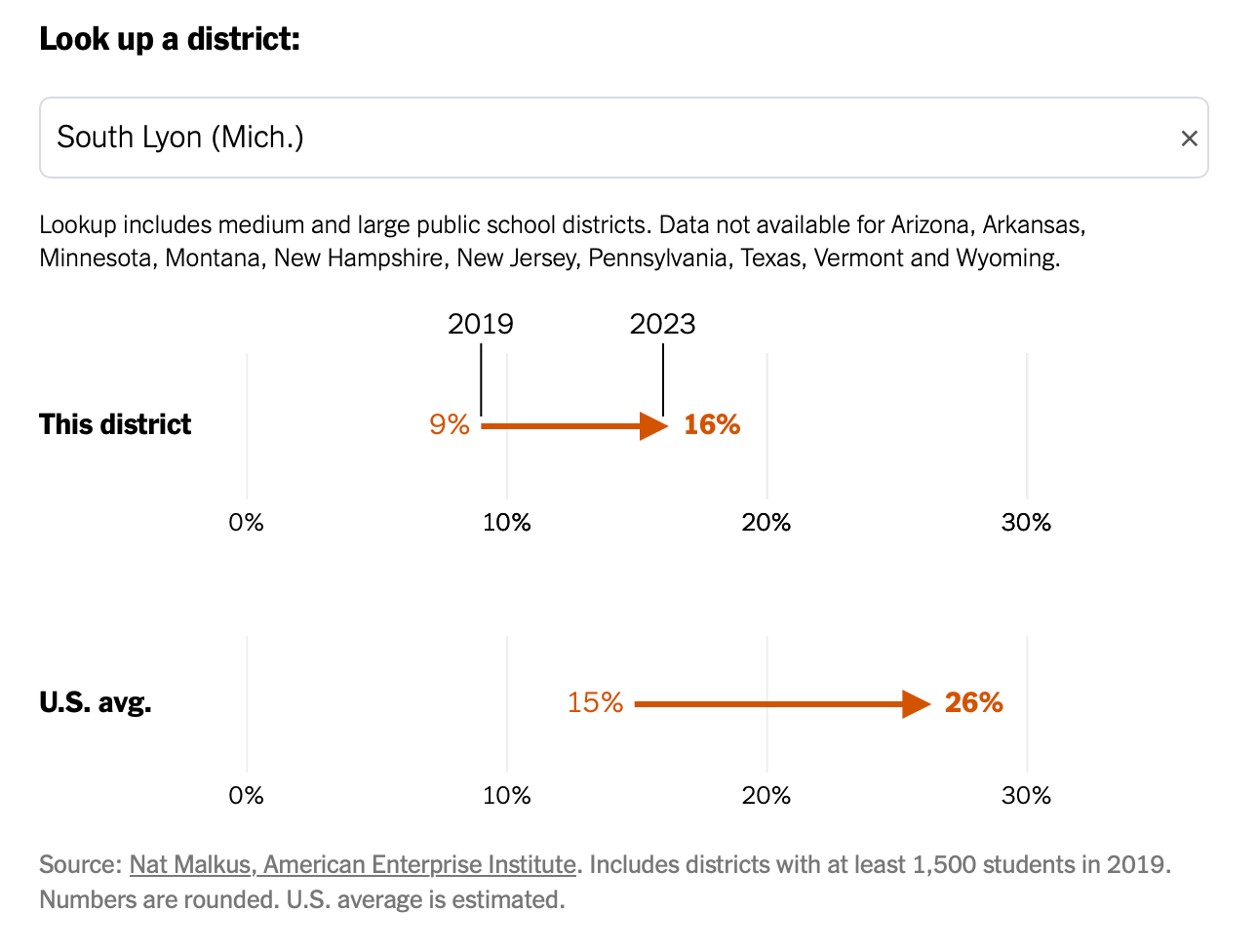
My hometown, South Lyon, fares better than average, increasing from 9% to 16% chronic absenteeism post-Covid. However, looking at the percent increase, that is almost double the absenteeism from four years ago.
Is This the New Normal?
That’s a question a lot of people are asking. As we’ve seen in the professional workforce, many companies (mine included), have found a way to make remote and/or hybrid work, well…work. To think these are similar cases at all would be foolish. Despite what I might have said if I were a high schooler again, kids that age are still kids. They are not done developing—it is easy for me to say this from the comfort of an armchair—they need to be physically in class, surrounded by their peers in close proximity.
Echoing the generations before me… interpersonal skills are getting worse and worse as time goes on and technology takes over. Just because we can take classes online doesn’t mean we should. I’m not pretending to be exempt. I’m conscious of the fact that my presentation and communication skills deteriorated after two years of nothing but Zoom meetings.
How are schools enticing kids to keep them coming to class? We need look no further than Ypsilanti for an example of the lengths some districts are going to. They’ve tried door knocks—literally showing up to homes to speak to children and parents—themed dress-up days, and handed out warm clothes after noticing attendance drop during winter months. While these help on a case-by-case basis, an answer that significantly moves the needle still eludes them.
I don’t have the answer, but I do know this is a pressing issue that urgently requires one. In 20 years I don’t want to be sitting at the bar, attempting to strike up a conversation with the young person on the stool adjacent, only to find they have the communication ability of a spoon when not filtered through text messages or Snapchat.
Reader Recommendations
Now, I want to hear from you! What movies, books, or articles captured your attention this week? Share your top picks in the comments below; your insights might just lead someone to their next favorite film or book.
Stay tuned until next week!


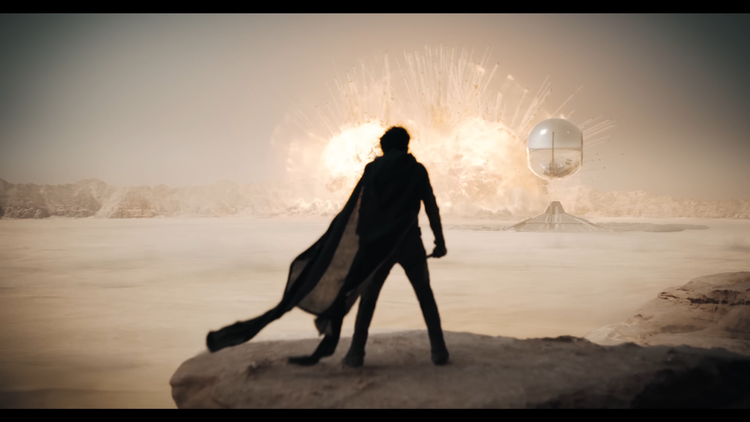
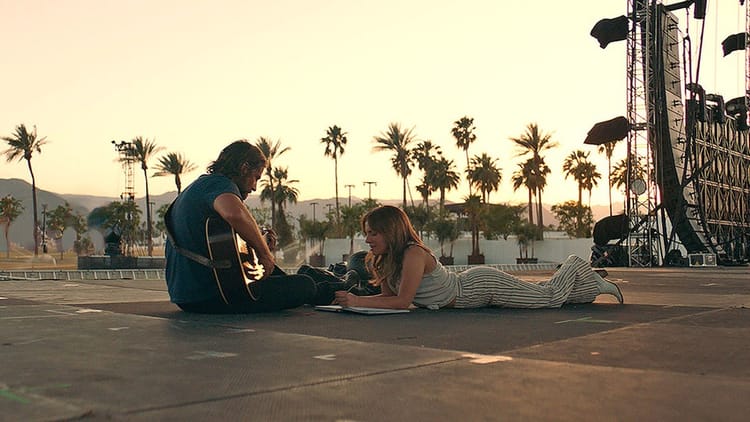
Comments ()